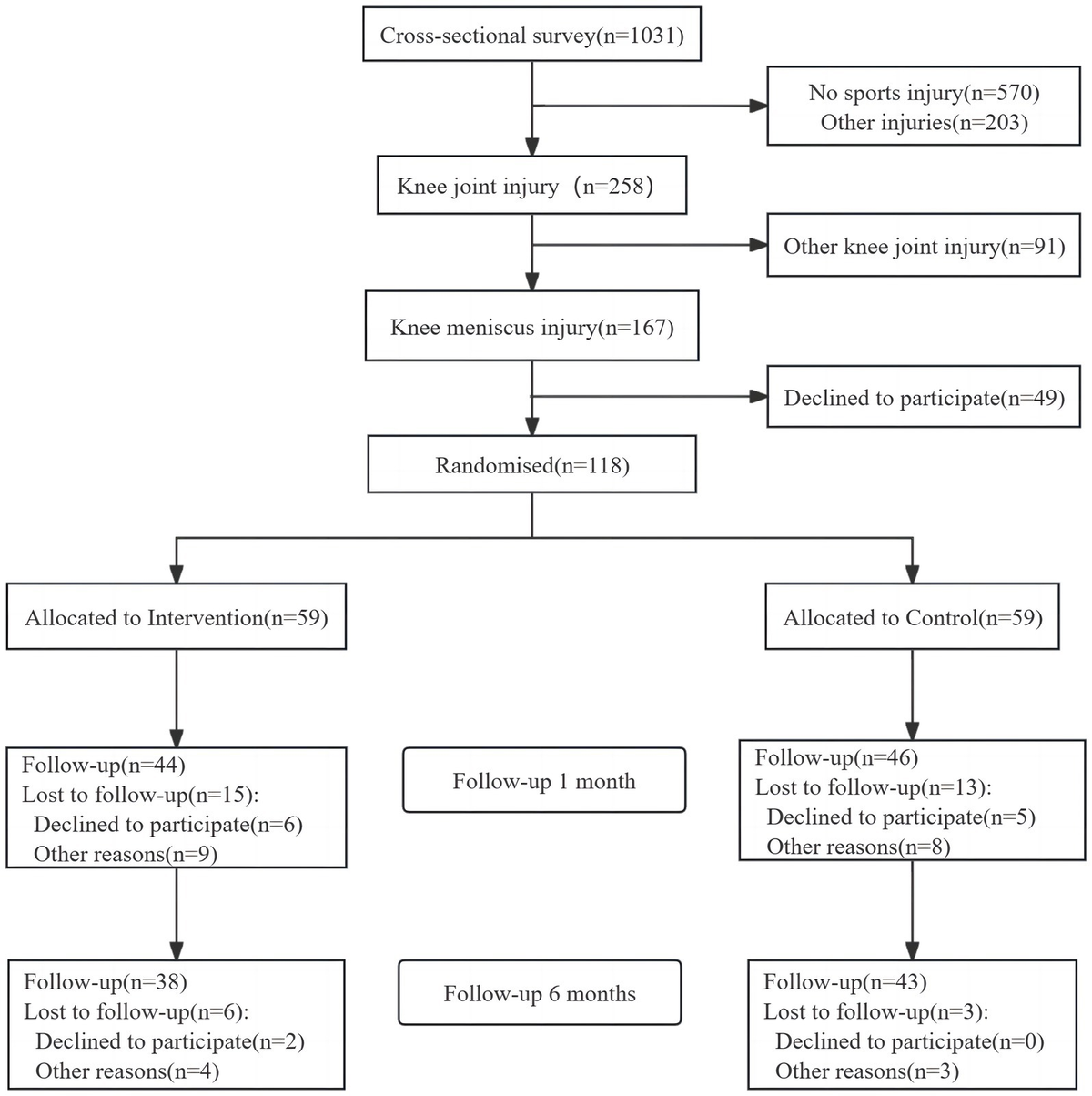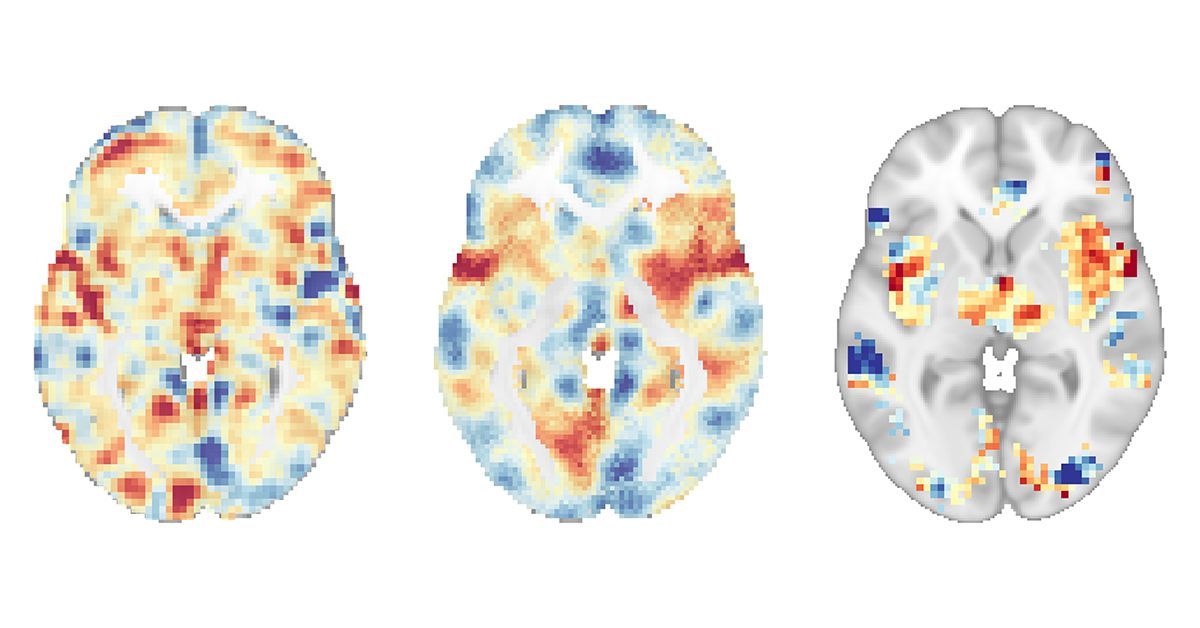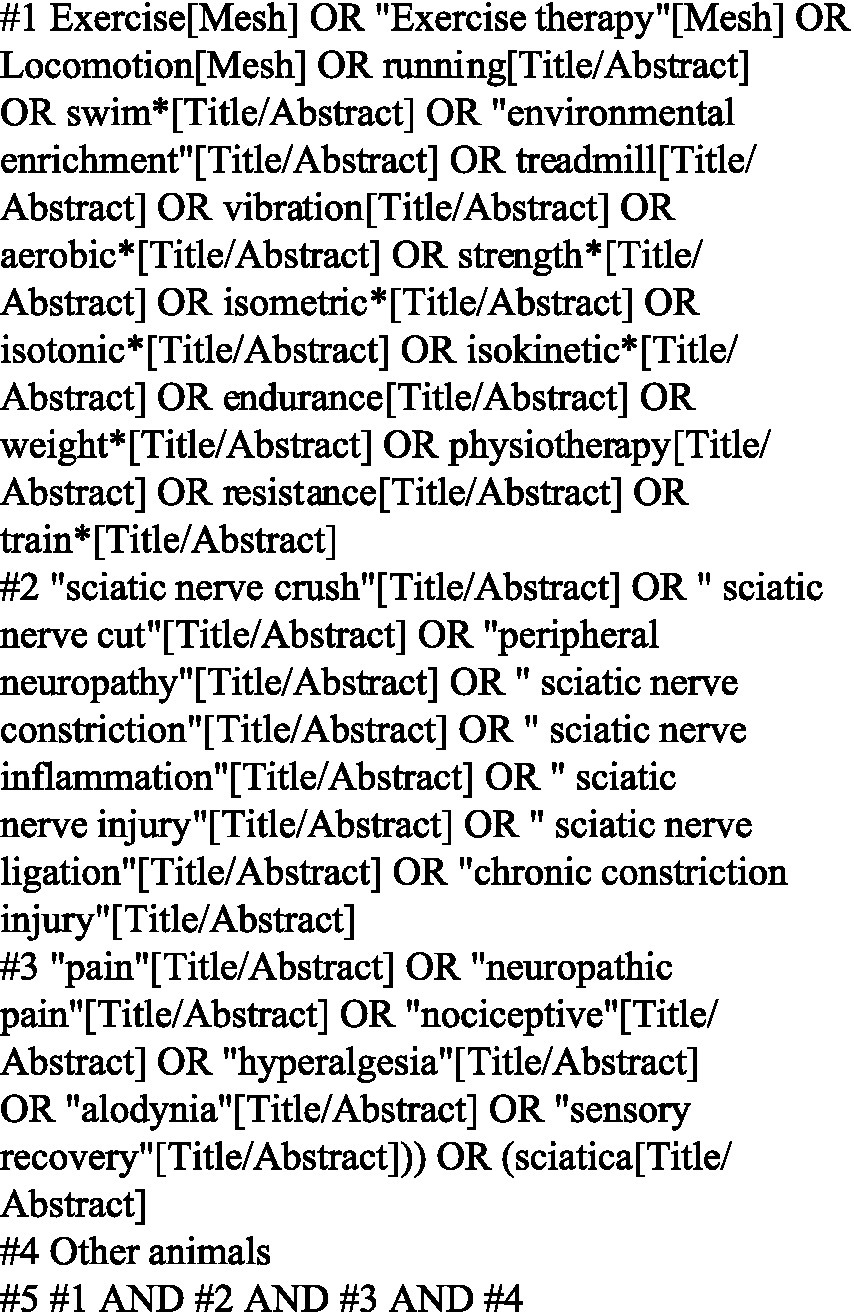What Does the Research Say?
 With an aging population, a great deal of research is focused on how to maintain a healthy mind. This involves understanding how our brain changes throughout our lives and the factors involved (Zhang, 2023).
With an aging population, a great deal of research is focused on how to maintain a healthy mind. This involves understanding how our brain changes throughout our lives and the factors involved (Zhang, 2023).
Older adults are not fundamentally different from younger adults
We typically think of older generations as very different from younger ones, yet research suggests otherwise. Rather, the aging are likely to be “(in many ways) simply rescaled versions of their younger selves” (Verhaeghen, 2022, p. 309).
When older adults were compared with younger adults on several lab-based tasks (for example, performing visual searches or comparing objects), they differed in time to completion and search strategy. Still, rather than a result of cognitive aging, it is really cognitive “rescaling” (Verhaeghen, 2022).
Researchers see it as less of a decline and more of a recalibration or shift in their mental processes. Older adults may simply employ alternate methods and strategies or allocate cognitive resources differently (Verhaeghen, 2022).
Cognitive plasticity can be encouraged in older adults
“Increasing longevity and falling birth rates are producing an increase in the number of older adults in relation to the total population” (Ballesteros, 2022, p. 340). As a result, a great deal of research is focusing on reducing the amount and effect of cognitive decline and dementia in older people (Ballesteros, 2022).
Thankfully, research shows that as we age, the brain retains a high degree of plasticity that can be called upon to help cope with the many changes. As a result, the brain can compensate for deficits that occur with aging by other means, such as frontal recruitment, where the brain is able to modify its function and neural connectivity over its lifetime (Ballesteros, 2022).
Social and economic factors impact cognitive functioning in later life
Ecological systems theory suggests that our close social context, broader community context, and cultural context interact and influence our mental and cognitive health (Scott et al., 2019).
Factors such as cognitive stimulation, access to education, and supportive home environments in childhood help provide a cognitive reserve that protects against cognitive decline in later life. At the same time, socioeconomic factors such as access to health care, good nutrition, and lifestyle factors reduce the likelihood of health conditions that impact cognitive function (Scott et al., 2019).
“Understanding the risk factors for these diseases in the context of broader environmental influences is a critical first step to developing effective ways to promote healthy cognitive aging” (Ballesteros, 2022, p. 123).











